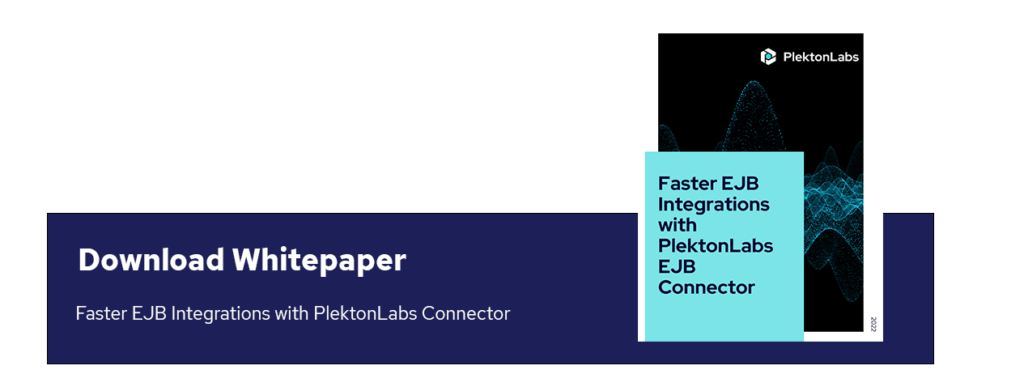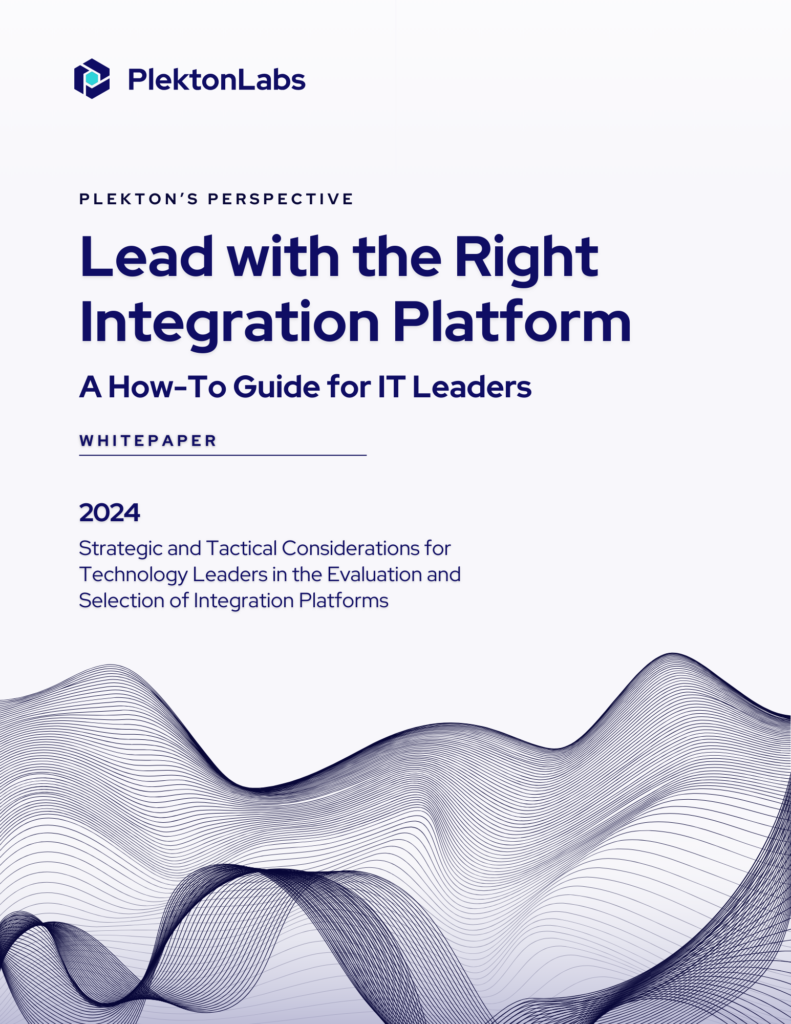Many people tend to think that organizations either require an integration platform as a service (iPaaS) or a full API management solution to resolve their integration issues. However, iPaaS and a complete lifecycle API management aren’t mutually exclusive solutions. If you are running an enterprise in 2021, there’s a huge chance that you will need both to keep your ship sailing smoothly.
This might bring up additional issues. Maybe you’re wondering why you need two different solution packages to solve one issue. Perhaps you are concerned about the rising overhead costs of two separate solutions. But this article will help clarify things; including why iPaas and API Lifecycle management are needed, how they are different, and how one platform can offer two solutions for your convenience!
Why Your Enterprise Needs Both API Lifecycle Management and iPaas
- APIs come in handy for businesses that generate or utilize APIs both locally and in the cloud.
- API management is needed to componentize various applications.
- Multi-cloud use of iPaaS prevents border crossing and bottleneck issues from occurring.
- iPaaS is useful for businesses that focus on user experience and require speedy development processes.
- iPaaS simply doesn’t work as a replacement for API management as they correspond to different IT needs.
- Complementing API management with iPaaS is a superior strategy as it will cover all your bases.
How iPaaS and API Management Work
iPaaS arose as IT infrastructures began employing on-demand cloud services to keep up with advancements in the tech sector. It emerged from a series of platforms; starting from Software as a Service (SaaS), which gave way to Infrastructure as a Service (IaaS), and ultimately Platform as a Service (PaaS). Each of these platforms has its own features and advantages.
In short, iPaas is a set of software tools that can standardize certain aspects of cloud hosting and operations. It is a cloud software framework or toolkit that integrates applications.
If you are looking for a platform that allows connectivity with other cloud-based software, SaaS, and even legacy applications, enterprise iPaaS solutions are the next generation of cloud applications. They are useful because they increase reliability, reduce errors and decrease the general operations effort needed.
On the other hand, APIs are a means of integrating enterprise systems and are sometimes the medium that enables iPaaS solutions. API management can be described as a group of tasks and tools that can create and optimize the use of software components that are exposed through published APIs.
API management allows one to manage and reuse components and data assets. API management is a universal strategy as it can be done anywhere the APIs are, and overcome diverting workflows.
Solutions that manage the full API lifecycle offer a means of creating and deploying the API and the capability to govern, secure, and manage them. API management solutions enable visibility into APIs across the organization and ensure each API is secured properly, as well as handling and troubleshooting errors.
The Difference Between API Management and iPaaS
| API Management | iPaaS |
| API management is linked to managing APIs which are a product, across their lifecycle. | iPaaS is a platform for deploying integrations in the cloud. |
| A well-managed API is aimed to improve developer experiences. | iPaaS is generally meant to improve user experiences and speed up development techniques. |
| APIs are meant to integrate different systems and applications. | iPaaS space is based on a cloud-based experience for different integration patterns. |
| API management focuses on the state of the API product and its functioning. | iPaas focuses on the integrator and the integration outcome is an ongoing process of information flow. |
MuleSoft’s Solution: One Platform
For any enterprise to be successful, a combination of iPaaS and full API lifecycle management is needed. The trick is to figure out how to combine the two for the best possible results. The good news is that there are plenty of iPaaS vendors out there who include some sort of API management component as they realize it is necessary for complicated integration scenarios.
Also, MuleSoft is the leading solution that delivers a single platform to manage the full end-to-end integration and API lifecycle, from design through management. MuleSoft is frequently recognized for its quick-moving go-to-market strategy, innovative environment, and versatile offerings. The Full Life Cycle API Management Magic Quadrant has an effective enough platform to cover all bases of your integration and connectivity needs.
Remember, API management should be your priority and not an afterthought. Your API management strategy should drive innovation, not the other way around. At the same time, iPaaS will cover any loopholes and cloud-based issues that may arise.
Bottomline
Businesses across all industries have to unlock data quickly to increase their speed, agility, and efficiency. MuleSoft’s AnyPoint Platform™ makes it easy to connect data from any system and deliver critical, time-sensitive projects. Organizations can hit the ground running and realize immediate value, all in a future-proof way that turns data and processes into composable building blocks. The good news is that there is one product to handle iPaaS and full API lifecycle management solutions that any enterprise needs to face the future with confidence.





